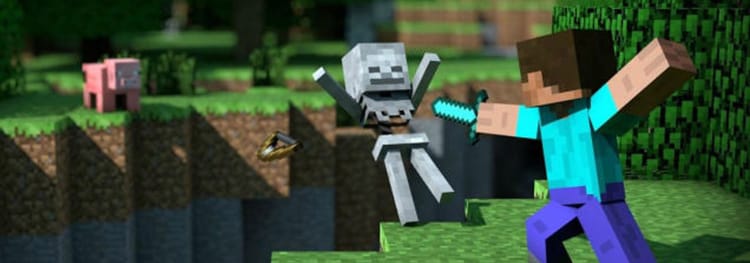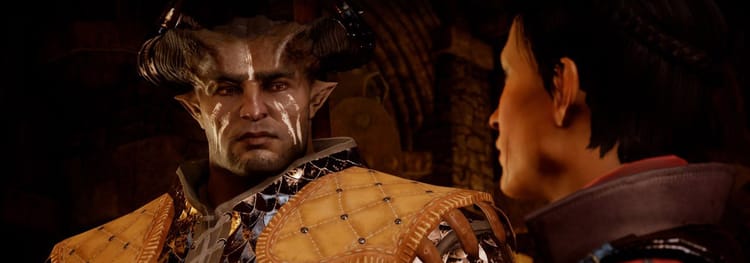A Low End Theory

Hell assumes many different forms. Whether it’s in the mind or tangible and present, everyone has his own personal hell—be it pain, madness, or nonexistence. It is part of our nature to imagine the worst possible thing and hope it doesn’t happen to us. The Greeks imagined Hades; the Hebrews, Sheol; and the Japanese have Yomi. Hell is universally, unilaterally terrible.
Katabasis (Greek:κατ?βα?νω) is the literary trope of descent—typically used as an epic convention to describe a hero’s journey into hell. Orpheus wandered through the underworld in the hopes of saving Eurydice. Dante took Virgil’s guided tour through the nine circles. Odysseus traversed the halls of Hades in search for some direction. Without a proper descent—be it literal, emotional, or intellectual—we don’t have stories.
The epic convention persists in games like Diablo and Dante’s Inferno. Kratos takes his thirst for destruction into the Underworld in God of War. Hell is even transliterated into the Elder Scrolls mythos on the planes of Oblivion. Demon’s Souls, with its endless slaughter and un-death, is an almost perfect mirror of Sisyphian damnation. We are empowered through these games’ ability to lead us on a bloody rampage through our worst nightmares, much as Odysseus’ heroism in the Odyssey must have placated Homer’s gods-fearing audiences. Our games, comics, and cinema are peppered with supermen who tear their way out of the jaws of eternal torment.
Without a proper descent—be it literal, emotional, or intellectual—we don’t have stories.
The idea of katabasis becomes infinitely more fascinating when it is lent a psychological dimension. Hell can be a state of mind, an action, an abreaction. Madness is revelation. In Silent Hill, hell is a projection of the psyche, a shadowy reflection of its protagonists’ inner demons that drives them toward epiphany. In Catherine and Persona 4, characters’ fears are hashed out in otherworlds by night as they live out the everyday grind. American McGee’s Alice games offer a gruesome vision of a girl’s twisted inner workings.
The Binding of Isaac provides an irreverent melange of biblical imagery and childhood shame, portraying the damaged consciousness of its protagonist on a literal descent into Sheol. Isaac’s personal story, like that of Fiona from Haunting Ground or the xenomorph of Closure, is entirely subjective—and perhaps more reflective of the mind of his maker than anything else. Yet one can’t help but fill in the narrative gaps—the mind of his abusive mother, the Christian guilt of his childhood—that appear piecemeal amidst the discarded rubbish he collects over the course of his descent.
We descend into the dark so that, when we return, we can conquer what was previously unconquerable. It’s the Catholic idea of catharsis: Through hardship, we are refined and purified. The wheat is separated from the chaff, the real from the fantasy, and, like Dante emerging from the deepest circle of hell, our eyes are finally opened to appreciate the true splendor of life.
Image: Dante’s Inferno



